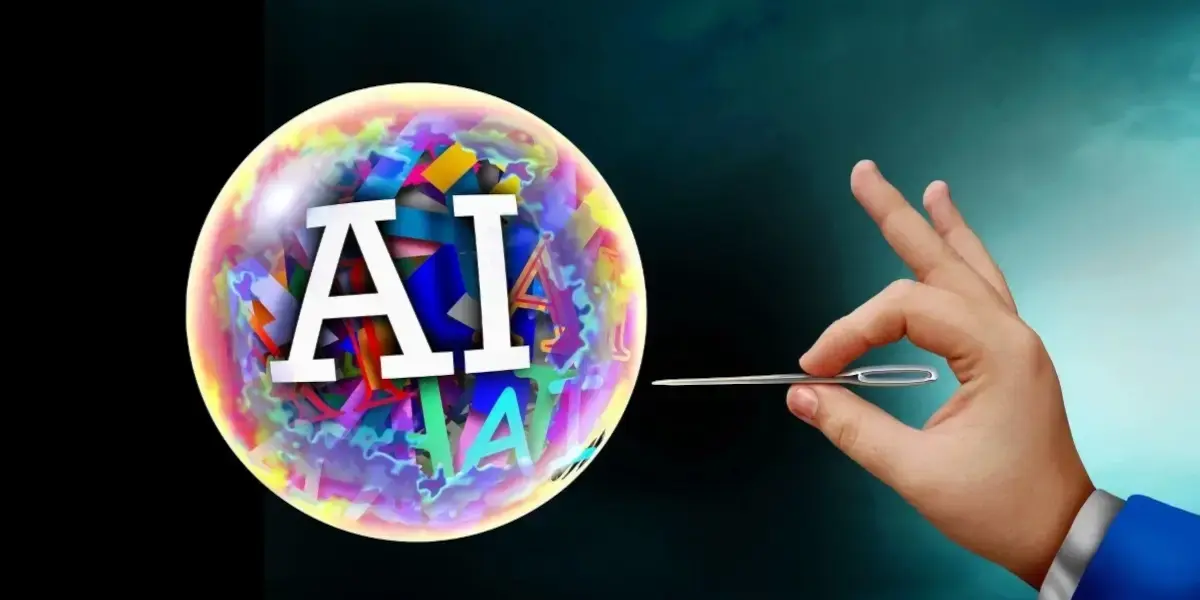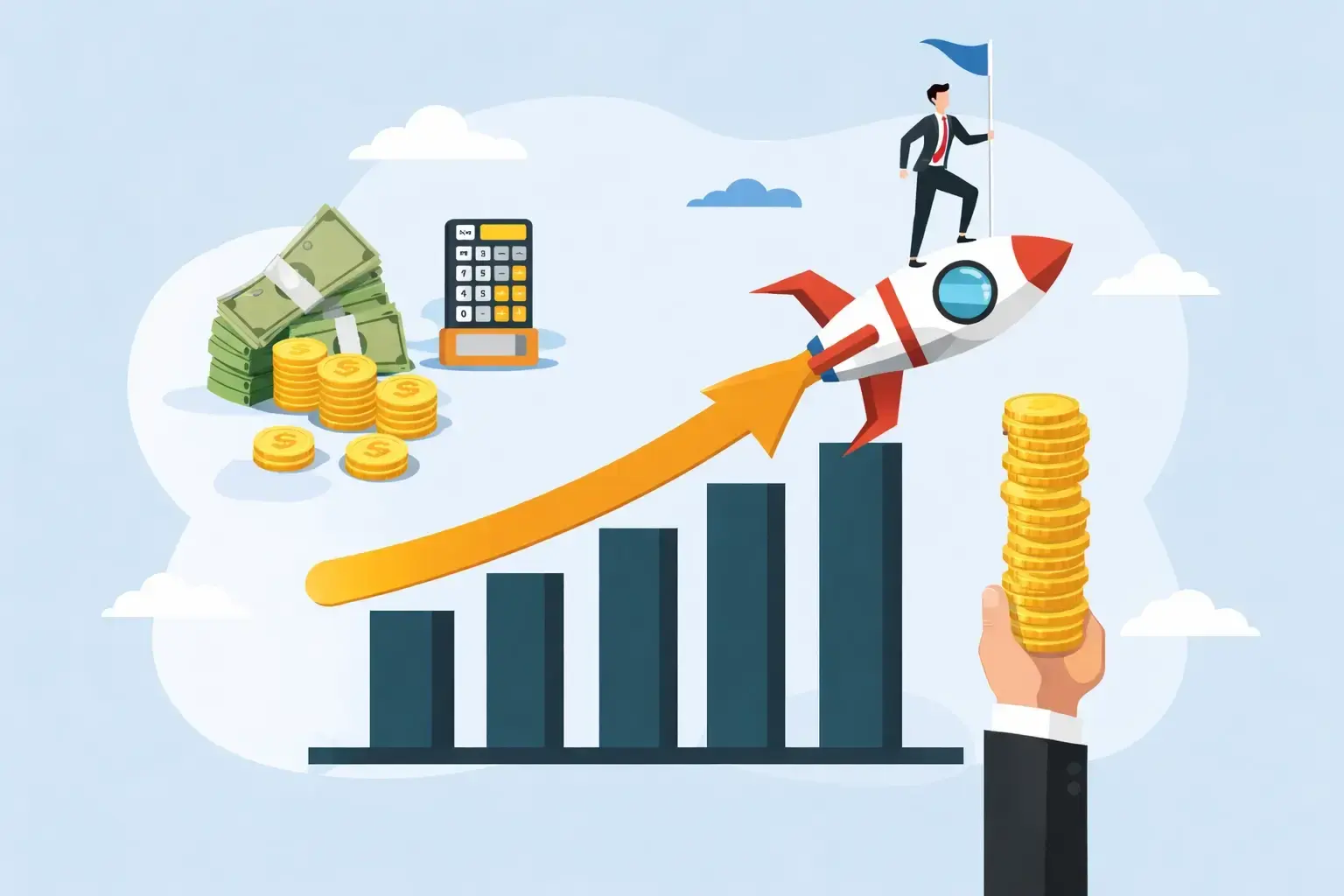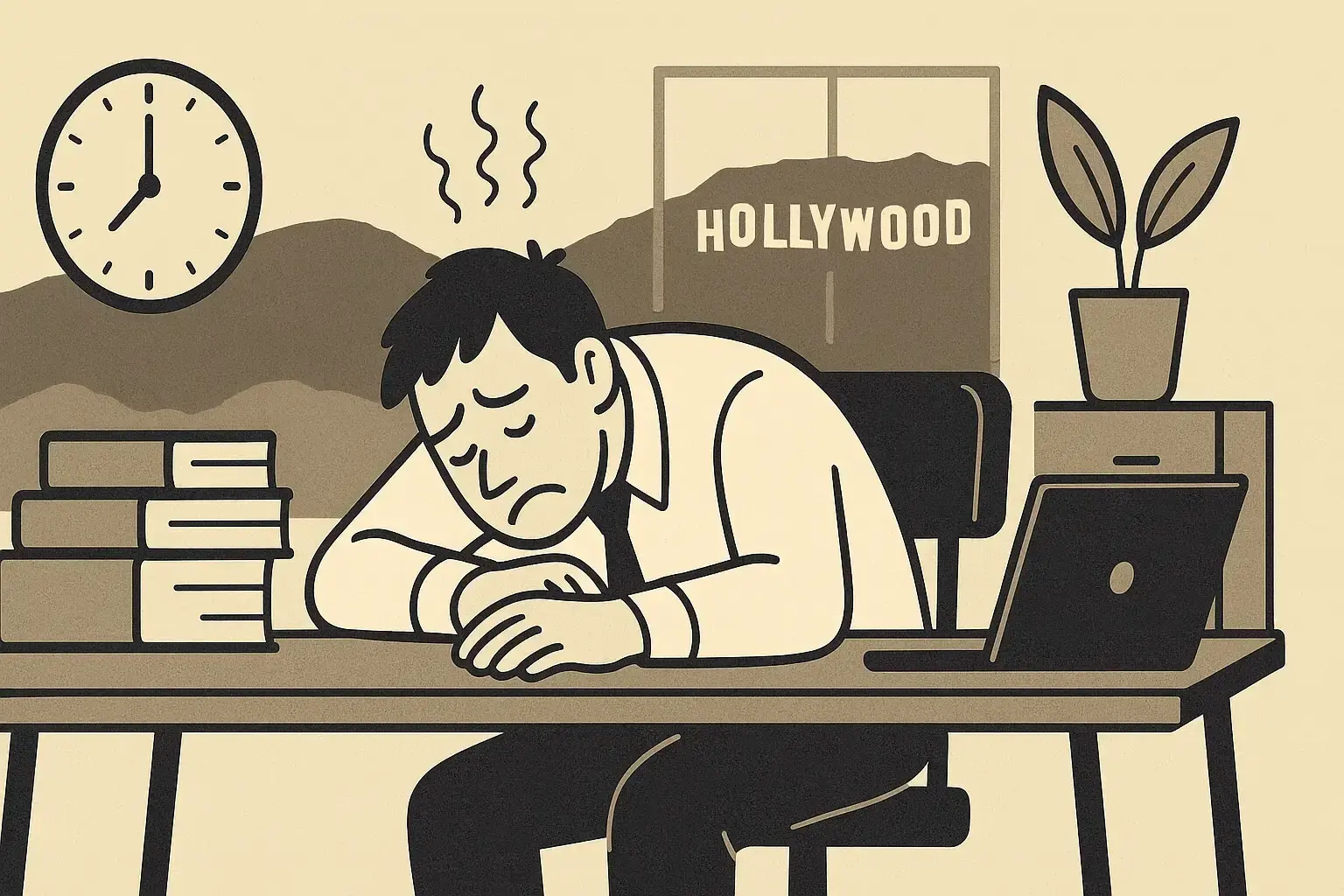Economic bubbles break it into the classic 4 sections, accumulation, awareness, mania, and bust. The media and many economists are spraying click bait everywhere declaring we are in an AI bubble while others are saying not so fast. Whether or not we’re a bubble, it’s worth looking at both sides.
🫧 The Bubble
Let’s say we’re in the next bubble that economist will write about for years to come. After all, Sam Altman, AI God of Gods, has speculated as much. “Are we in a phase where investors as a whole are overexcited about AI? My opinion is yes,” Altman said in August. “Is AI the most important thing to happen in a very long time? My opinion is also yes.”
As someone who has lived through 3 bubbles, including the .com bubble, we would be nowhere near mania stage yet. And we certainly wouldn’t be in the bust stage either. We could probably also say we wouldn’t be in the accumulation stage, either.
😈 Pre-Mania
If we’re in a bubble, we're in a very specific stage -- the pre-mania stage. You can tell for two reasons. First, the media is universally pushing the idea the bubble is about to pop and AI is worthless. This happens every time. Its purpose is to: (1) keep retail investors nervous and on the sidelines, and (2) encourage people to short the market, building up cross equity to run into.
Keep in mind -- there have been no big IPOs yet. They're not going to let the market implode before they have exited from their investments. This is certainly true if your assessment is that we are, in fact, in a bubble, and they've thrown good money after bad. In that scenario, their only exit is IPOs into retail or greater fool money.
Even those who believe we’re in a bubble are also declaring that it can’t burst yet. The institutions which control the plurality of the market are also the institutions most heavily invested into these startups. In any event, they will IPO before they let the market deflate, but especially if they think it's a pure speculative bubble, with no legs.
䷼ What's Really Happening
The recent run up in 1Q-2Q 2025 AI investments will probably pull back somewhat which provides some scope to anyone thinking of placing a short-term short sell on the market as it stands. But any play longer than that is just a way to lose money. Wait for the IPOs, at the very least, even if you don’t believe AI has legs, before going short.
The dot-com crash wasn’t triggered by a single event, but rather a convergence of factors that exposed fundamental weaknesses in the late 1990s tech economy. The first critical blow came from the Federal Reserve, which raised interest rates multiple times throughout 1999 and 2000. The federal funds rate climbed from around 4.7% in early 1999 to 6.5% by May 2000, making speculative investments less attractive as investors could earn higher returns from safer bonds.
The second catalyst was a broader economic recession that began in Japan in March 2000, triggering global market fears and accelerating the flight from risky assets. This one-two punch of higher rates and global uncertainty caused investors to reassess the astronomical valuations of internet companies.
But the underlying problem ran much deeper: Most dot-com companies had fundamentally flawed business models. Commerce One reached a $21 billion valuation despite minimal revenue. TheGlobe.com, founded by two Cornell students with $15,000 in startup capital, saw its stock price jump 606% on its first day of trading to $63.50, despite having no revenue beyond venture funding. Pets.com burned through $300 million in just 268 days before declaring bankruptcy.
🔮 Where We Go From Here
If we are in a bubble, it’s going to look and behave differently than anything we’ve ever seen. And like all bubbles, the underlying technology will remain and the businesses that provide genuine, repeatable value will rise and thrive.
--------
Try Sloane for free: https://hi-sloane.com



